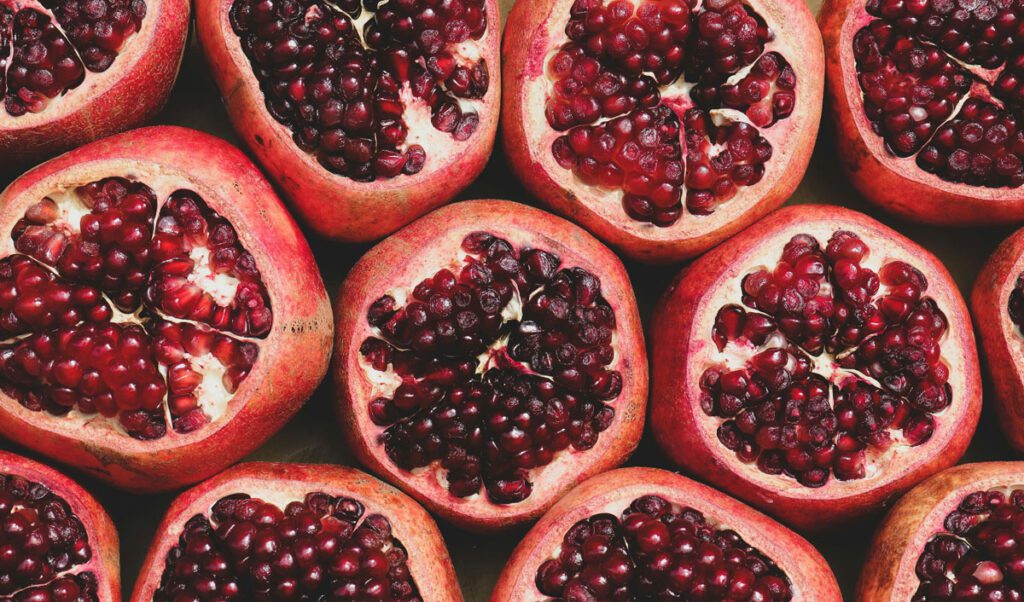Nitric oxide (NO) is a crucial molecule that plays a vital role in maintaining vascular health, enhancing athletic performance, and promoting overall well-being. Discovered as a signaling molecule in the cardiovascular system, nitric oxide is now celebrated for its various health benefits. Boosting nitric oxide levels naturally can enhance your health, and here’s how to do it effectively.
1. Consume Nitrate-Rich Foods to boost nitric oxide naturally
Diet plays a pivotal role in enhancing nitric oxide production. Leafy greens like spinach, arugula, and lettuce are excellent sources of nitrates, which the body converts into nitric oxide.
“Nitrates in vegetables are transformed into nitric oxide, which helps dilate blood vessels, improving blood flow and reducing blood pressure,”
says Dr. Nathan Bryan, a leading expert on nitric oxide.
Beetroot is another powerhouse for boosting nitric oxide. Its high nitrate content is beneficial for athletes and those looking to improve cardiovascular health.
2. Exercise Regularly and nitric oxide
Physical activity is one of the most effective ways to increase nitric oxide production. Exercise stimulates the endothelial cells lining the blood vessels to produce more nitric oxide.
“Exercise not only improves cardiovascular health but also boosts the production of nitric oxide, enhancing blood flow and nutrient delivery to muscles,”
notes Dr. John Ivy, an exercise physiologist.
3. Supplement with L-Arginine and L-Citrulline, powerhouses to boost nitric oxide naturally
Amino acids L-arginine and L-citrulline are well-known for their role in nitric oxide synthesis. L-arginine directly contributes to nitric oxide production, while L-citrulline is converted into L-arginine in the body.
“Supplementing with L-citrulline is often more effective than L-arginine alone because it bypasses the liver’s metabolism, leading to sustained increases in L-arginine levels and, consequently, nitric oxide,”
explains Dr. Mark Houston, a hypertension specialist.
4. Eat Antioxidant-Rich Foods
Antioxidants help protect nitric oxide from oxidative damage, ensuring its availability and functionality in the body. Foods rich in antioxidants, such as berries, nuts, and dark chocolate, are excellent choices.
“Antioxidants prevent the degradation of nitric oxide, enhancing its vasodilatory effects and supporting cardiovascular health,”
says Dr. Joel Kahn, a cardiologist and nutrition expert.
5. Ensure Adequate Sun Exposure
Sunlight exposure can naturally increase nitric oxide levels. Ultraviolet (UV) rays stimulate the production of nitric oxide in the skin, which then enters the bloodstream.
“Moderate sun exposure can boost nitric oxide production, leading to improved blood pressure and overall cardiovascular health,”
advises Dr. Richard Weller, a dermatologist researching the benefits of sunlight.
6. Consider Natural Supplements
Certain natural supplements are known to enhance nitric oxide production. Pomegranate extract, garlic, and ginkgo biloba are popular choices.

“Pomegranate extract has been shown to enhance nitric oxide synthase activity, improving nitric oxide availability and endothelial function,”
notes Dr. David Sinclair, a biologist known for his research on aging.
7. Maintain a Healthy Weight
Obesity can impair nitric oxide production and function. Maintaining a healthy weight through a balanced diet and regular exercise is essential for optimal nitric oxide levels.
“Weight management is crucial for maintaining nitric oxide levels and overall vascular health,”
states Dr. Michael Greger, a physician and nutrition expert
Conclusion
Boosting nitric oxide levels naturally is a holistic approach to enhancing cardiovascular health, athletic performance, and overall well-being. By incorporating nitrate-rich foods, regular exercise, specific supplements, antioxidants, sunlight, and maintaining a healthy weight, you can significantly improve your nitric oxide production.
Remember, always consult with a healthcare professional before starting any new supplement or drastic dietary change. Embrace these natural methods, and you’ll likely see improvements in your energy, endurance, and heart health.


